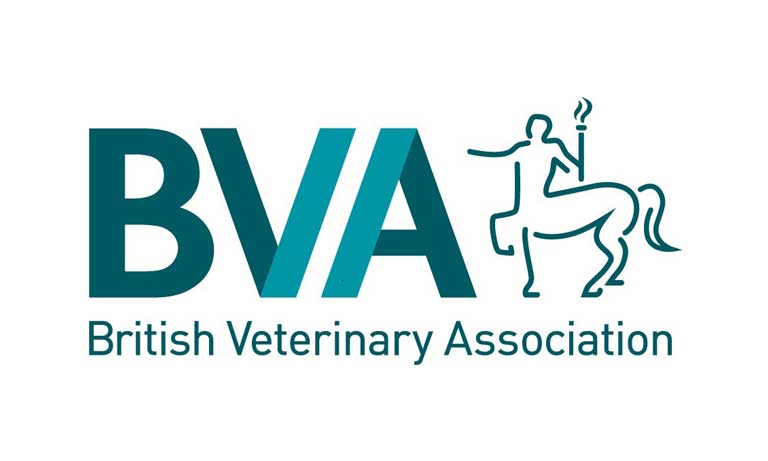Brucella canis: what vets need to know
14 Feb 2024
13 Aug 2019 | Huw Llandre
Huw Llandre discusses the many ways that farmers and vets can work together to make a positive difference for sustainability.

A recent IPCC report published by the UN, on climate change states that land is a critical resource. As per the BVA sustainable animal agriculture position, there are many ways that farmers and vets can work together to make a positive difference. Welsh sheep farmer, Huw Llandre who is past Chair of the Ruminant Standing Committee of the Farm Animal Welfare Committee (FAWC), and well known advocate for sustainable farming, talks about how this way of working is good for his animals, business and the environment.
When managing a farm, I think that it is worth remembering that we are only here for a relatively short time, and you want to leave the land in your care in as good shape as you can. It is also important to note that sustainability and profit are not binary choices but are interlinked. If you don’t make a profit as a business, sustainability and any other environmental goals become undeliverable.
There are of course ethical ways of making a profit and I try to farm in a way that is sympathetic to the environment to the stock in our care and for the people that come after us. One of the main ways I do this is by looking after the health and welfare of my sheep. My father taught me that when you look after your sheep, they in turn will look after you. I have worked to this mantra ever since.
Good health and welfare practices are key to the way we run our sheep flock. A high health and welfare flock status has a direct correlation with the number of lambs produced and of course a positive effect on the gross margin of the farm enterprise. Every farm is different and optimising the stocking rate for each individual farm is essential. We take potential issues such as flystrike very seriously and work closely with our vet to draw up an active health plan.
I had the opportunity to be part of various early initiatives including the Farmer’s Weekly 5-part plan for lameness. This condition is always a huge worry for farmers as it has an impact on the welfare of sheep as well as the productivity of the flock. Lame ewes and lambs may also have to be treated with an antibiotic to ensure complete recovery. This is a concern at a time when antibiotic resistance is being highlighted.
Those who worked as part of this 5-part plan were driven to record and measure their antibiotic use using a software called Farm Wizard (now Agriwebb). By sticking to this ongoing monitoring technique and keeping standards of housing and welfare needs a top priority, we have managed to reduce our levels of lameness to a point where we do not need to vaccinate. I am also proud to say that we have taken our antibiotic use down to zero this year.
This way of working has rewards, particularly in terms of trading. Our farm is part of a National Trust estate and we have a close relationship with our processor Dunbia and with Sainsbury’s, where the high value cuts of our lamb are sold. Both Dunbia and Sainsbury’s require their suppliers to demonstrate high welfare, high health flock and sustainable practices.
As a farmer it is important for me to rear these animals to a high standard and to have records in place to back up what I am telling people. Our commitment to animal welfare and sustainable initiatives means that we can remain attractive to the companies we work with and ultimately the consumer.
I work closely with my vet who draws up an annual active vet plan. We try to target issues such as lameness and revise worming protocols for the coming year. As mentioned, healthier animals tend to be happier and have less of an impact on the environment, so it all works in the mix.
My main piece of advice would be not to become complacent. Just because I currently don’t need to vaccinate against lameness, doesn’t mean that next year will be the same. Collect farm data that is relevant to your farm and use tools such as AgriWebb to provide actionable insights. I have been interested in the environmental footprint of farming for a long time and accept that as an industry there is always more to learn. In terms of sheep,
I would also home in on the principle of a ‘hands-off approach’. The less interventions you have with the animal, the better. We are in changing times, with domestic agricultural support going to be conveyed to what I hope will be the active farmer in a variety of ways, including health and welfare performance.
Farmers are becoming more aware and more sophisticated, particularly the younger generation. A lot of this is driven by retailers and the desires of consumers. Veterinary involvement can support this and help boost interest. There has also been a noticeable shift with Brexit, as Government support reduces.
Vets tend to be technically very good and our local vet is fantastic. As per the BVA Sustainable Animal Agriculture position, I think it would be good to see more vets in consulting roles, giving advice on prevention and being able to sit down and support farmers in tackling issues, such as becoming a bigger part of the sustainability agenda.
Get tailored news in your inbox and online, plus access to our journals, resources and support services, join the BVA.
Join Us Today